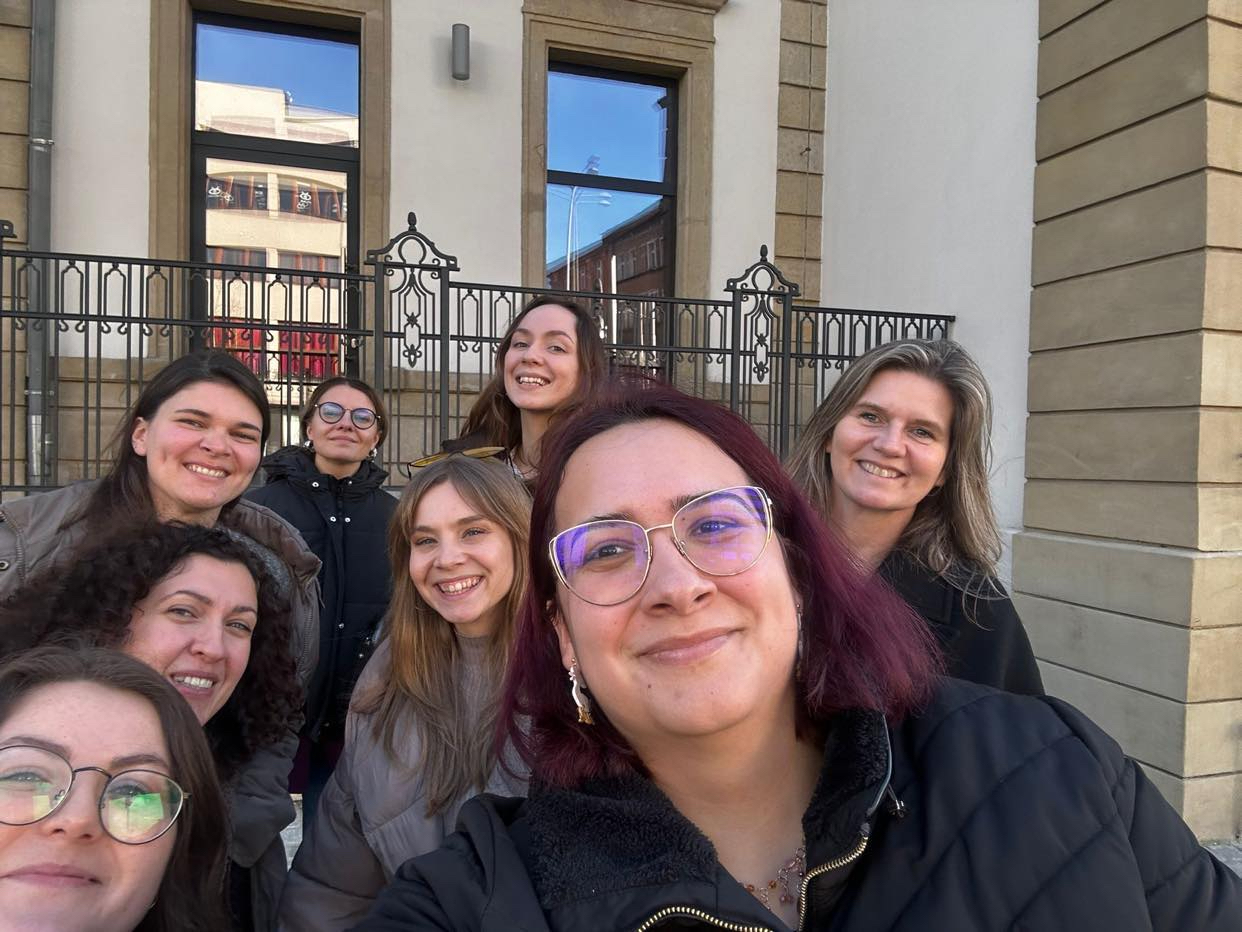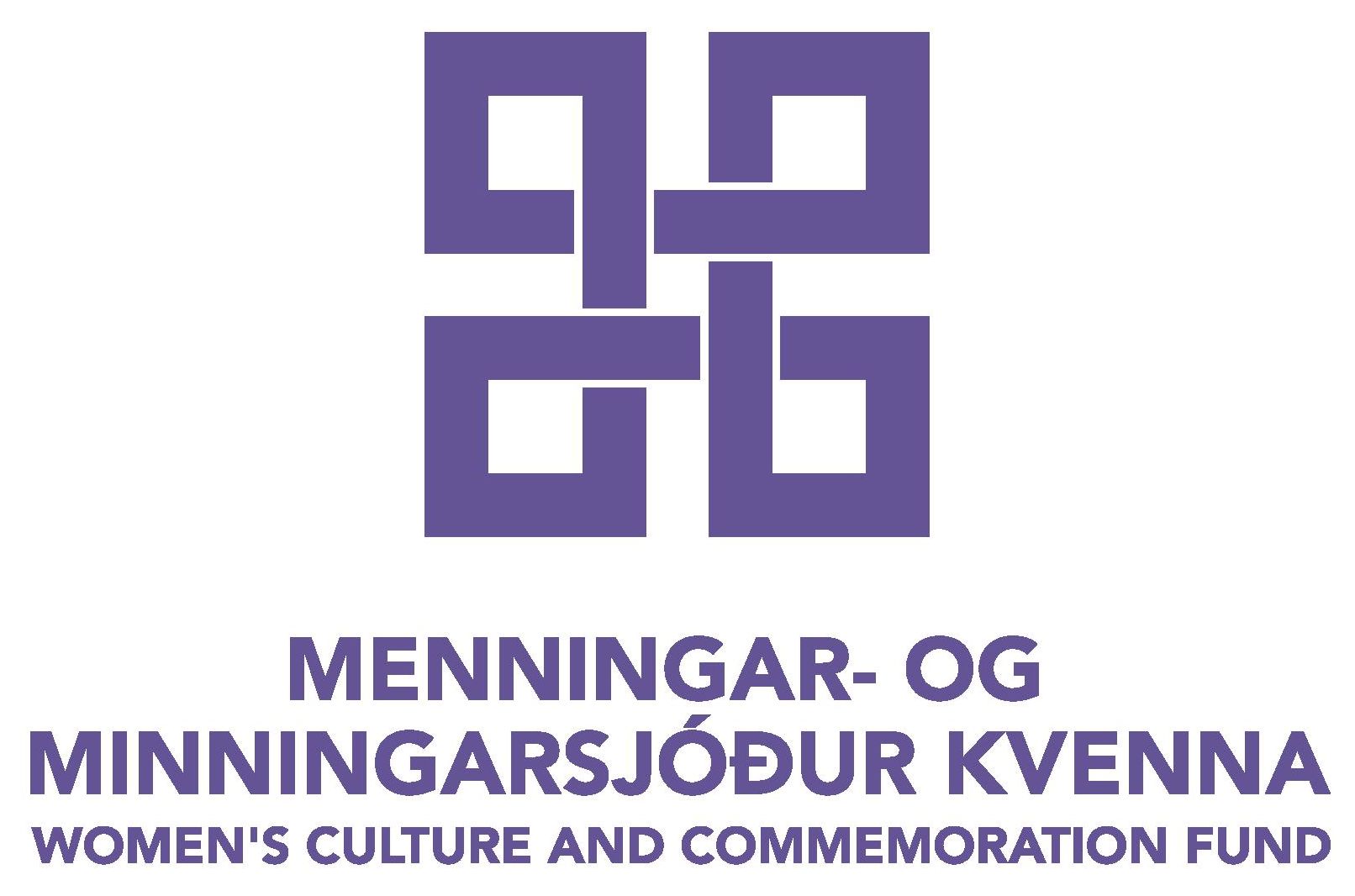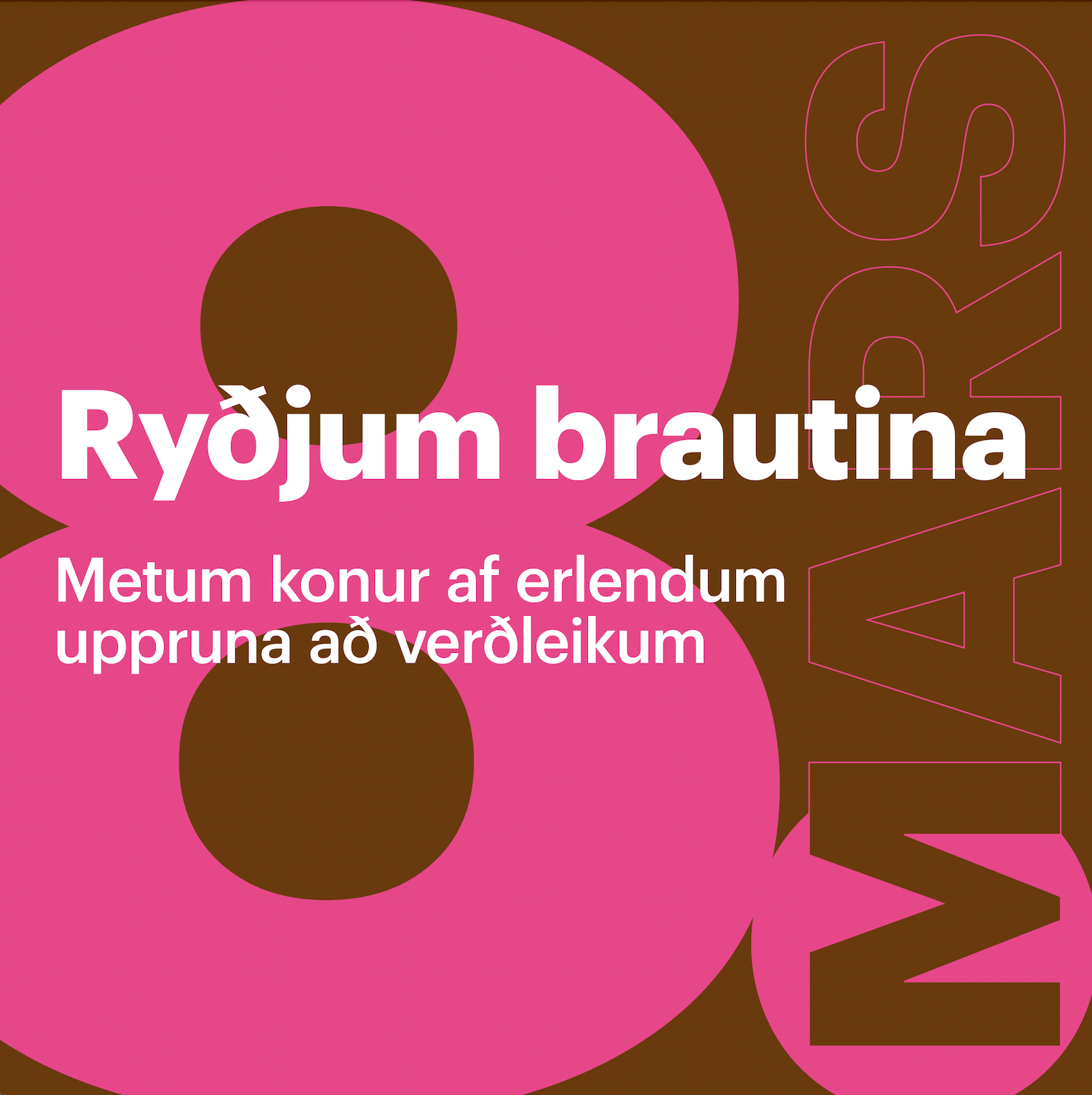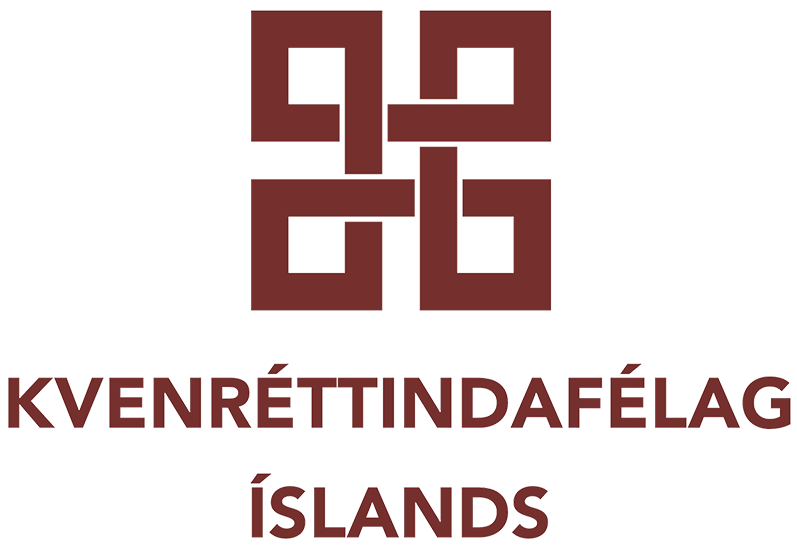
Amnesty International has for over half a century worked tirelessly to create a world free of violence, a society based justice and human rights. The organization is both highly trusted and respected, a reputation we are hopeful will continue to support their work in the future.
This weekend, on 7–11 August 2015, the International Council Meeting of Amnesty International will be held in Dublin, Ireland. At the meeting, Amnesty will reportedly review a draft of a policy proposal endorsing the decriminalization of prostitution and the sex industry. According to this proposal, the buying and selling of sex should be decriminalized, as well as the intermediation of prostitution, i.e. pimping and brothels. Amnesty International claims that this proposal protects the human rights of those involved in prostitution. We believe that it would be a grave mistake for the International Council to accept this policy proposal, and that this proposal goes against the human rights advocacy work Amnesty International is known for.
In our opinion, prostitution is not a profession. Prostitution is abuse, and the selling of people is not consistent with our definition of human rights. Furthermore, it is impossible to clearly separate prostitution from human trafficking. The buyer of prostitution has no way of knowing whether the sex s/he is buying is provided by someone who is doing this of their own free will, or whether that person is a victim of human trafficking. If Amnesty International is serious about eradicating human trafficking, they need to realize that this can only be accomplished by eradicating the demand for prostitution. At the same time, we need to provide institutional resources and social support for those who engage in prostitution and want out.
Different countries have dealt with prostitution in different ways. In some countries, the buying and selling of sex is criminalized. In other countries, such as Germany and the Netherlands, prostitution has been legalized. In both these countries, the sex industry is booming and human trafficking is thriving under the shelter of legalization. The lives of people in prostitution have not become safer following decriminalization. However, pimps, brothel owners and buyers of prostitution are now considered respectable businessmen and customers.
In Sweden, prostitution has been defined as violence against the people who sell their bodies, and new legislation was passed in accordance with that definition in 1999. This legislation states that the sale of sex is legal, but the buying of sex is illegal, as well as third party involvement. Norway and Iceland passed similar legislation in 2009, following the advocacy of the women’s movement and other interested parties. Canada and Northern Ireland have now joined these Nordic countries in criminalizing the purchase of sex.
In 2014, European Parliament’s Committee on Women Rights and Gender Equality reviewed various legislations that have been used to combat prostitution and human trafficking, and, subsequently, the European Parliament passed a resolution recommending that the member countries of the European Union enact the ‘Nordic model’ of criminalizing the purchase of sex.
The ‘Nordic Model’ is known worldwide as an effective way to improve the lives of people in prostitution and to combat human trafficking. In Norway, research has indicated that prostitution has decreased by 25% since 2009, violence against women and men in the sex trade has not increased, the demand for prostitution has decreased, and public opinion on prostitution has shifted. In Iceland, an opinion poll conducted by Gallup in Iceland in 2008 indicated that the majority of all men and women, and the majority of voters of all political parties, supported a ban on the purchase of prostitution.
On 4 August 2015, seven Icelandic women’s organizations invited Hörður Helgi Helgason, the chairman of the Icelandic chapter of Amnesty International, to a meeting, where we shared with him our concerns regarding the proposed “Draft Policy on Sex Work”. During this meeting, the chairman did not reveal the position of the Icelandic chapter of Amnesty International regarding this proposal, causing grave concerns among the other participants of the meeting and the Icelandic women’s movement.
If Amnesty International recommends the decriminalization of prostitution, the organization will be promoting amnesty for pimps and johns, while simultaneously trampling on women’s human rights. Such a radical change in policy will harm the credibility of Amnesty International and violate the trust we have placed in this organization for decades. This cannot be allowed to happen.
Femínistafélag Íslands – the Feminist Association of Iceland, Kvenfélagasamband Íslands – the Federation of Icelandic Women‘s Societies, Kvennaathvarfið – the Women‘s Shelter, Kvennaráðgjöfin – the Women‘s Counseling, Kvenréttindafélag Íslands – the Icelandic Women‘s Rights Association, Stígamót – Education and Counseling Center for Survivors of Sexual Abuse and Violence, and W.O.M.E.N. in Iceland – Women Of Multicultural Ethnicity Network in Iceland urge the Icelandic chapter of Amnesty International to actively promote the Nordic Model of criminalizing the purchase of prostitution during the upcoming International Council Meeting of Amnesty International in Dublin, and to actively work to defeat the proposed “Draft Policy on Sex Work”.





Comments are closed.